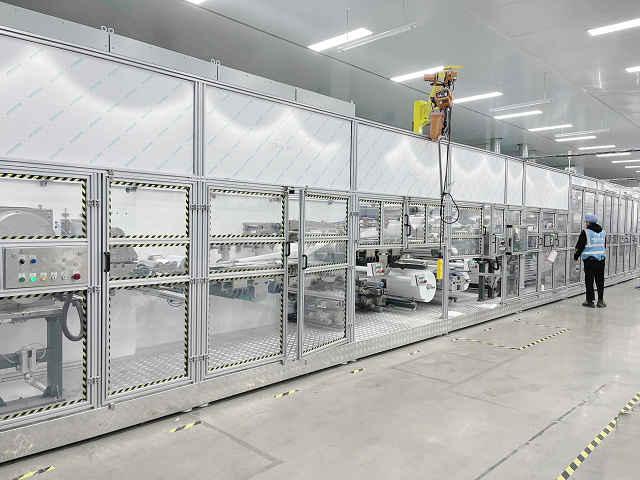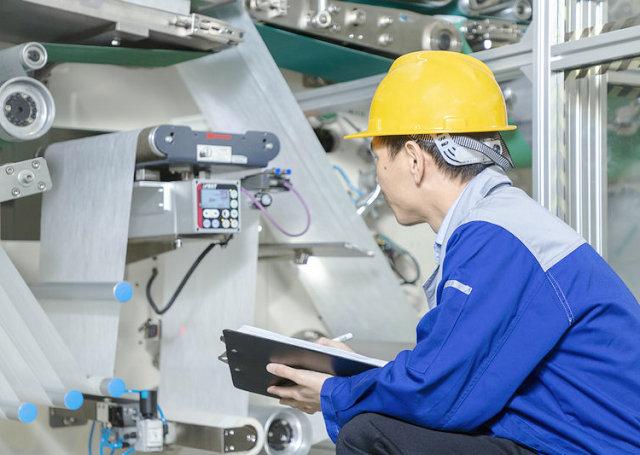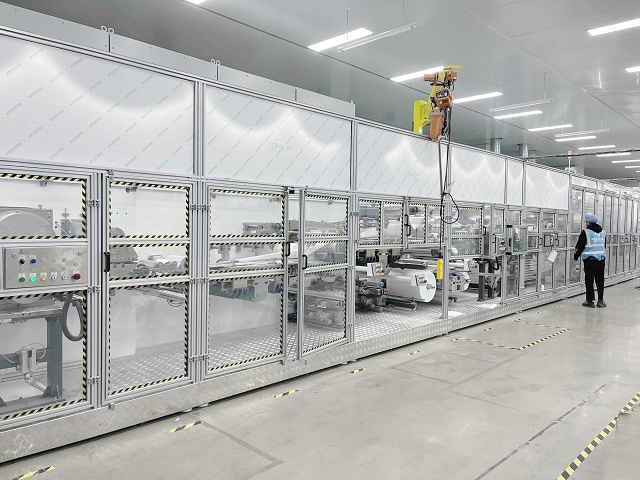Author:Haina Machinery Factory FROM:Diaper Machinery Manufacturer TIME:2023-08-13
Essential Product Knowledge for Infant Diaper Making Machine

The infant diaper industry is an essential sector in the hygiene products market. With the growing global population and increasing disposable income, the demand for infant diapers is expected to rise significantly in the coming years. To meet this demand efficiently, diaper manufacturers rely on advanced technology and machinery, such as infant diaper making machines. Understanding the essential product knowledge related to these machines is crucial for manufacturers to ensure the production of high-quality diapers.

Infant diaper making machines are complex systems that perform multiple functions to produce diapers. These machines incorporate various processes, including material feeding, cutting, shaping, sealing, and packaging. The material feeding mechanism ensures a continuous supply of raw materials, such as nonwoven fabric, absorbent cores, and waistbands, to the machine. The cutting system precisely trims the diaper components into the desired shape. Next, the machine shapes the diaper, giving it the required structure and dimensions. Sealing units use heat and pressure to bond different components together securely. Finally, the packaging process ensures that the finished diapers are neatly packed and ready for distribution.

An infant diaper making machine consists of several key components, each playing a crucial role in the production process. These components include:
Having a comprehensive understanding of the essential product knowledge related to infant diaper making machines is crucial for manufacturers in the hygiene products industry. By understanding the functionality and components of these machines, manufacturers can optimize their production processes, ensure high-quality diaper production, and meet the increasing demands of consumers effectively. As the market for infant diapers continues to expand, staying updated with the latest advancements in diaper making technology will enable manufacturers to stay competitive and fulfill the hygiene needs of infants worldwide.
